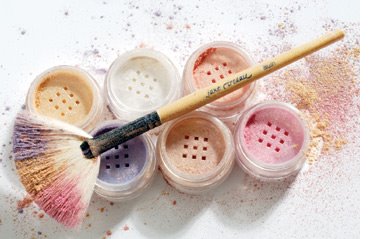
Women using the popular Mommy's Bliss Nipple Cream are being urged to stop use immediately due to two ingredients sited as harmful by the FDA. Those ingredients - chlorphenesin and phenoxyethanol - may cause respiratory distress, vomiting and diarrhea in breast feeding infants.
The cream, marketed by MOM Enterprises of San Rafael, California is used to help ease the pain of dry, cracked nipples which can occur as a result of breast feeding.
The ingredients in question have been the subject of other warnings and one - cholrphenesin - is not commercially available in the United States. It works by blocking nerve impulses involved in sending pain messages to the brain. On it's own it can cause dizziness or drowsiness, headaches, nervousness or insomnia, and other other drugs, such as antihistamines, painkillers and antidepressants might increase it's effects.
The other troubling ingredient- phenoxyethanol - is commonly used as a preservative in cosmetics and has been shown in laboratory tests to cause toxicity during overexposure. Possible results include rupture of red blood cells, kidney and liver damage, and certain central nervous system effects. It is included in the nipple cream ostenstibly for it's numbing effects, acting as a temporary pain reliever.
When ingested -which can occur if reside is present on the nipples during breast feeding - phenoxyethanol is considered toxic , causing , among other things gastrointestinal irritation with nausea, vomiting, and diarrhea. Moreover, repeated and prolonged contact can result in skin irritation. There is no conclusive evidence on whether or it absorption leads to any harmful effects for the mother. Mothers and caregivers are being urged by the FDA to seek immediate medical attention if their child shows signs and symptoms of decreases in appetite, difficulty in awakening, limpness of extremities or a decrease in an infant's strength of grip and a change in skin color.
Moreover, experts from the FDA have expressed concerns that the two ingredients together may interact in a way that increases their individual toxic effects, particularly those involving respiratory depression in nursing infants.The company has stopped selling the cream and the FDA is urging women to stop using it and consult a doctor immediately if they or their infants have experienced seemingly related problems.
If you believe you or your baby have been affected click here to learn more , and discover how to about how to report the problems to the FDA.




































No comments:
Post a Comment